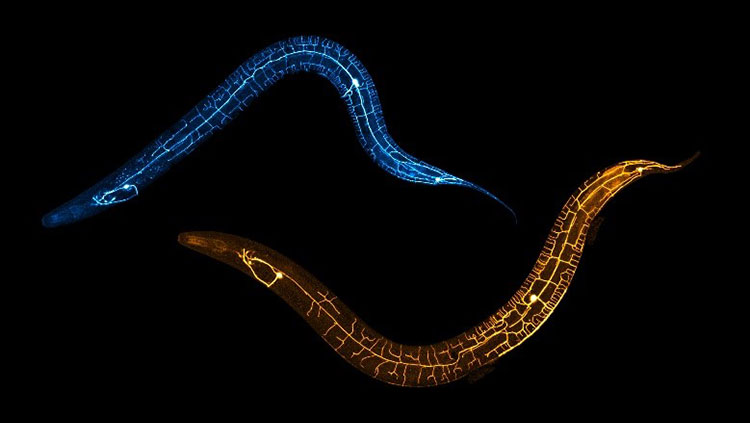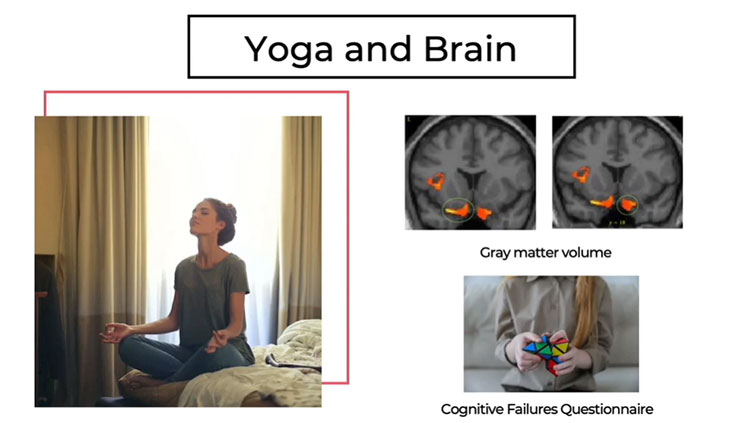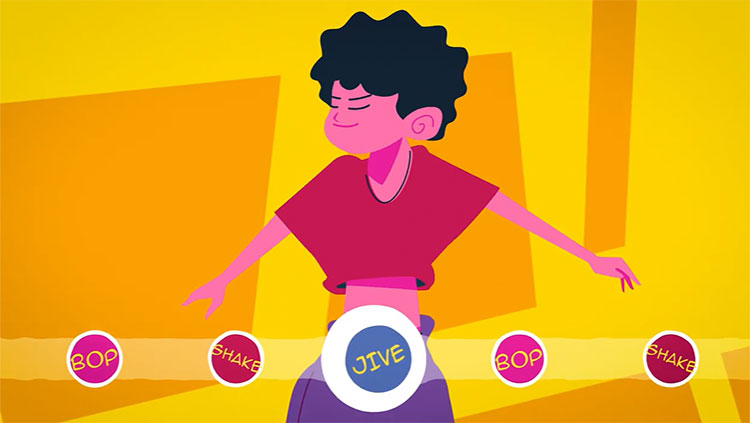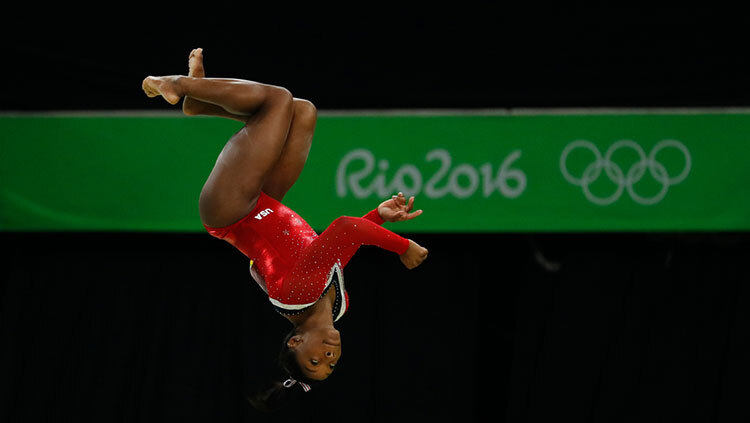The Vestibular System: The Brain and Balance
- Published31 Jan 2019
- Reviewed31 Jan 2019
- Source BrainFacts/SfN
Car sickness or sea sickness can make you feel like the world is spinning even though you may be perfectly still. Those symptoms of motion sickness occur when your vestibular system, the brain’s way of keeping track of your body in space, doesn’t match what your visual system is telling your brain. This system is responsible for everything from keeping your balance (and recovering when you lose it) to holding your eyes steady as your head bobs and turns. Neuroscientist Stephen Lisberger, chair of the department of neurobiology at Duke University, studies the vestibular system, the cells responsible for maintaining your balance, and what happens when it goes wrong.
CONTENT PROVIDED BY
BrainFacts/SfN
Transcript
Screen Text: What is the vestibular system?
SL: The vestibular system is a set of sensors inside our ear, in the temporal bone and they are exquisitely sensitive to our motion through space and our positions with respect to gravity. So, if I tilt my head this way, those sensors indicate that my head is tilted to the left. If I turn my head like that, those sensors indicate that I turned my head to the right.
It is important for us to be exquisitely aware of our position in space. And if you think about if you slip on the ice or trip over a step when you are climbing, the very first thing that happens is you put out your hand to try to prevent yourself from falling and hitting your face. And that is driven by the vestibular system. It is sensitive to when you start to fall and it immediately, with very, after very short times on the orders of fractions of a second it causes your motor system to take actions that will rescue you from serious damage.
The primary sensory cell is a hair cell. And it basically is a cell that has little cilia sticking out of it. And the way it works is that if the cilia bend then the electrical potential of the cell changes. And that creates, that transforms a mechanical signal into an electrical signal and the electrical signals are the currency of the brain. Now different parts of the vestibular system use those hair cells in different ways. So, there is a simple mechanical system that is a tube like a doughnut, and it has the hairs sticking out into it so that when you turn the tube, the hairs, the fluid inside of that tube deflects the hairs. And so that is how we are sensitive to our head turns. And then the other two organs, there are two organs called the otolith organs and they basically have the hairs sticking out into a rock. And if I tilt my head back, like that, the rock slides back. It pulls on the hairs and it takes a mechanical event, turns it into an electrical signal so that the brain can use it.
Screen Text: How does the vestibular system affect motion sickness?
SL: We know that motion sickness is caused when what your vestibular system is telling your brain is different than what your visual system is telling your brain. We do not know exactly how that works. And we don’t even know why we would have motion sickness. There are some “just so” stories. We do know that the midline of the vestibular cerebellum is important for motion sickness.
But I guess I would point out that I get motion sickness when I am on a boat. And when you are on a boat and you are in the waves, and you are rolling back and forth very slowly, that seems to be the kind of stimulus that when it doesn’t match with what you are seeing, creates the sensation of motion sickness and nausea. And you think about our astronauts, it was not widely publicized, but our astronauts were motion sick for at least the first three to five days that they were in orbit because without gravity, the system that senses where gravity is and your head position in space no longer functions. And so, they had completely lost the part of the vestibular input that tells them whether they are tilting their head or whether that is down, or that is down. And so there is a complete loss of the matching of what they are seeing and what they are feeling from their vestibular system. They were really quite miserable.
Screen Text: Is the vestibular system responsible for vertigo too?
SL: Vertigo is when your vesicular system is giving you a wrong signal. And so, it is telling you that you are moving when you are not. And so, you might get the sensation that you are just turning around in a circle. Or you might get the sensation that you are falling this way, and that comes from a part of the vestibular system being broken.
Screen Text: What is the vestibulo-ocular reflex?
SL: It is an incredibly simple reflex behavior that is really important to us and many animals. So, the job of the visual system is to process images so that you can see what is happening. And if images slip or move a little bit and the eye doesn’t move to track them, then they slip across the retina and we are not capable of processing them with nearly the same acuity. And so, the vestibulo-ocular reflex is a reflex that uses our head turns to guide our eye movements. And if I turn my head back and forth like this, my eyes keep looking directly at you. And that would happen if I closed my eyes or in the dark. That is the vestibulo-ocular reflex making sure that my eyes remain sort of gyroscopically stabilized so that even when I move my head around, the place I’m looking is nice and stable. And so, the images that are coming from the external world don’t slip across my retina and I have good vision.
Also In Movement
Trending
Popular articles on BrainFacts.org

















